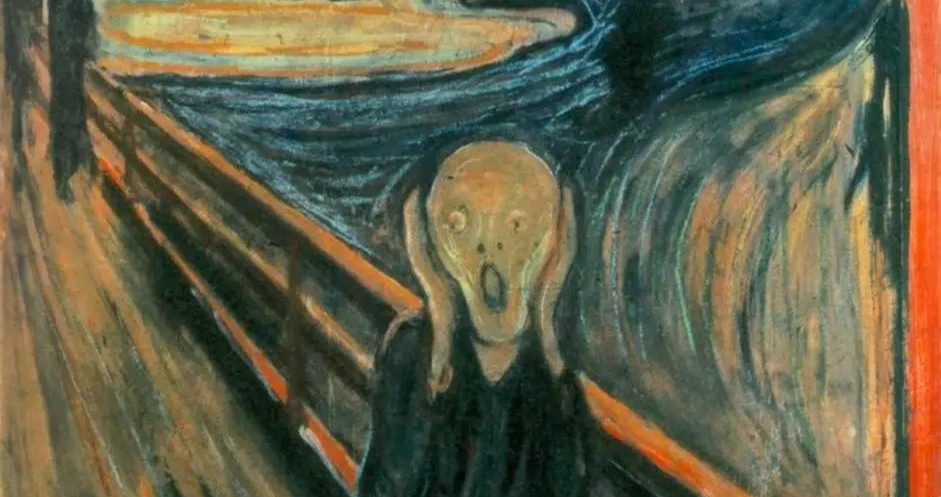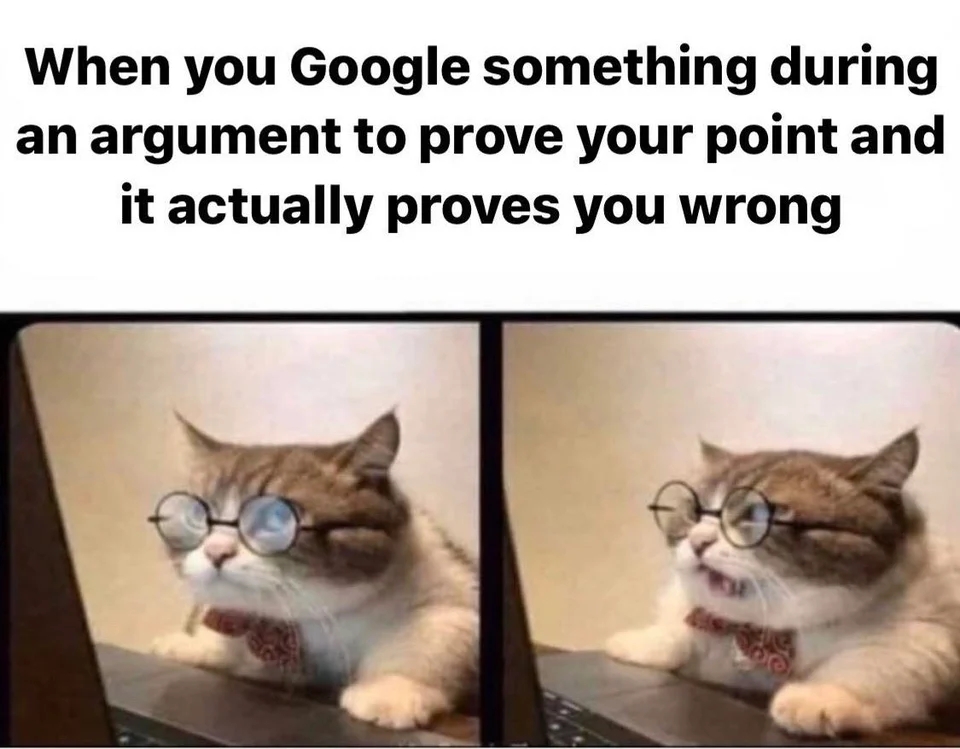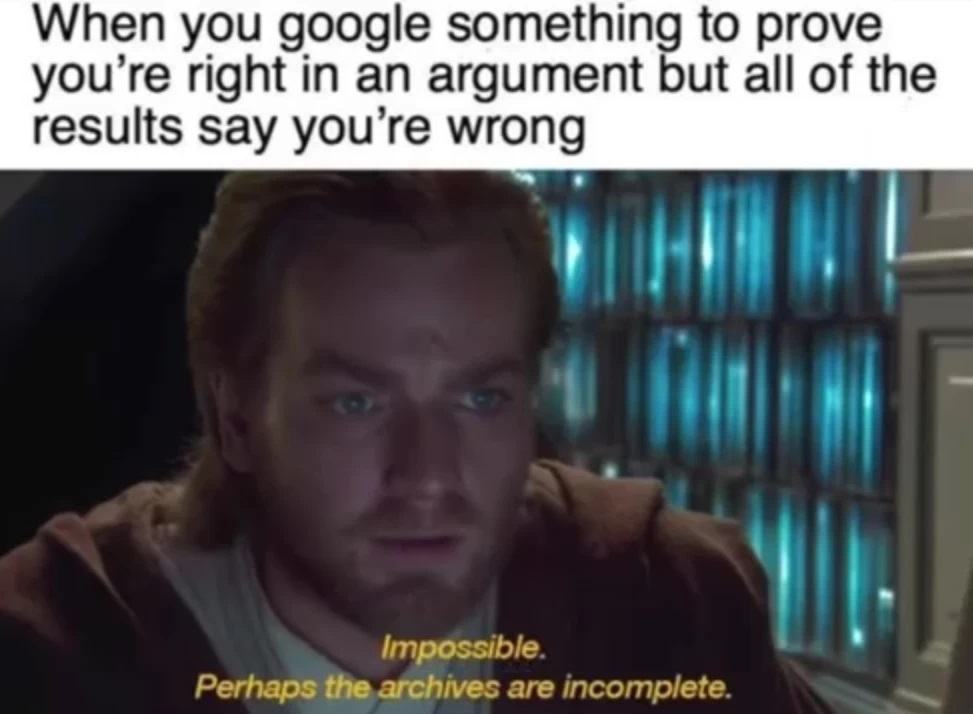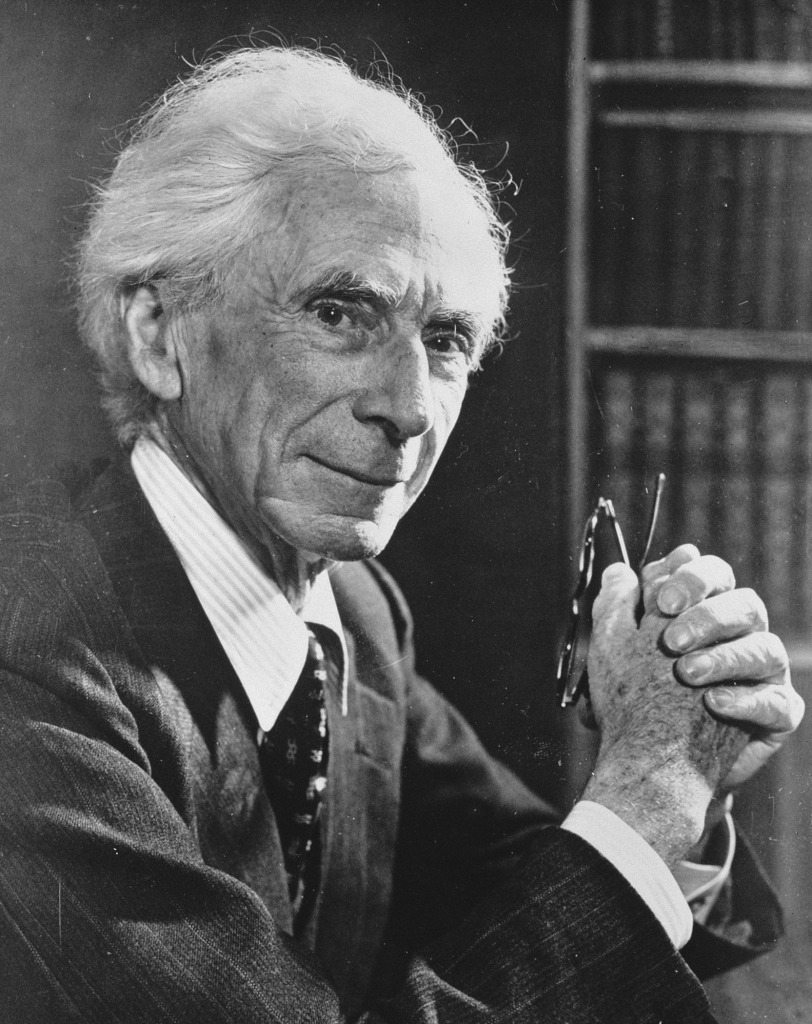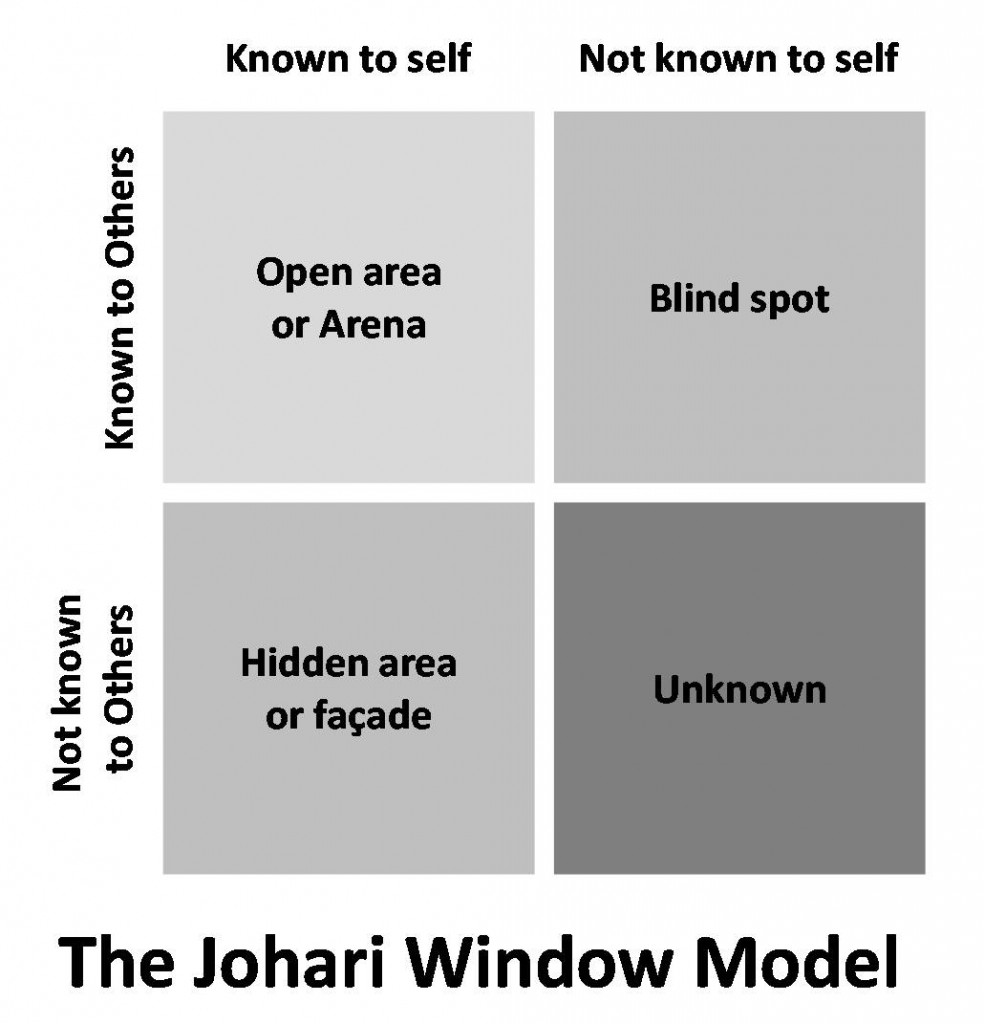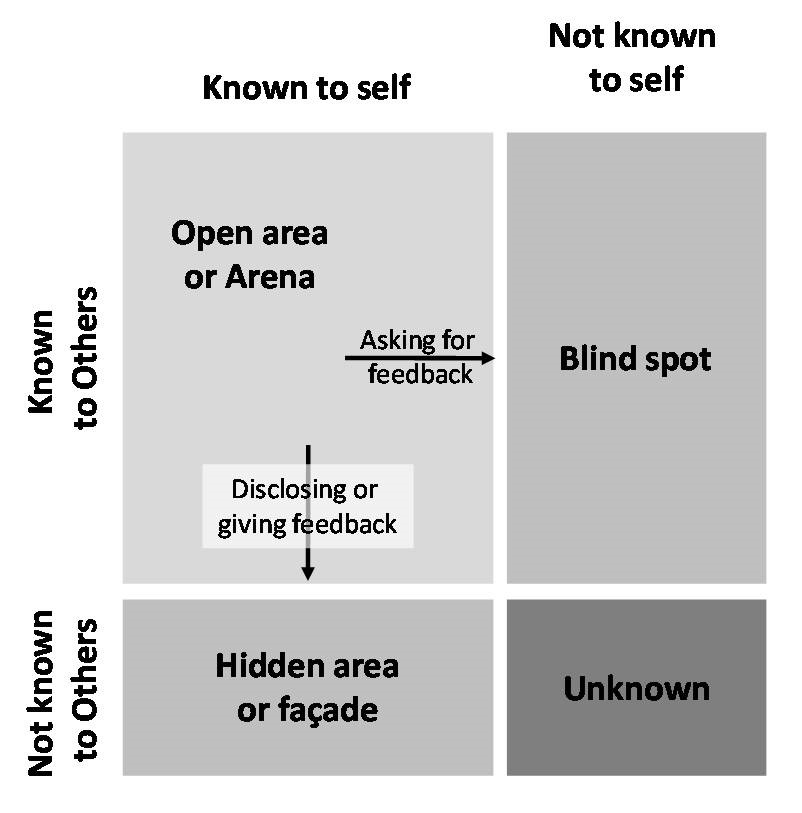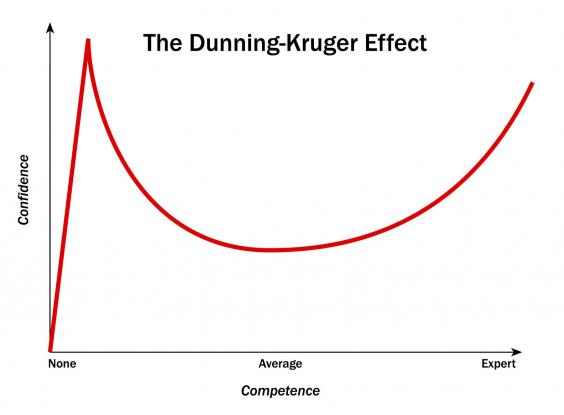Humans and the longing for eternal existence
There are these moments in many popular stories where our protagonist – the hero is feeling hopeless – depressed, is fed up by the cruelty, hardships, failures and some age-old character, a well-seasoned teacher or ‘that life altering event’ which give him the hope to continue against the antagonist – the villain of the story; obviously our hero wins. There are very common examples not only in pop culture, cinema but also in real human history and literature. It is very important to understanding that the qualities demonstrated in such exceptional times by our characters seems very illogical. (Remember the explanation of “The power of true love” or “the power of Hope” at the climax of your favorite movies, stories) In simple words, the reasons for such events are justified by the realization of something beyond the reality we experience, something supernatural – something which cannot be justified by a rational, logical thought. The explanation in these cases seems more spiritual and less practical or rational. Today we will see how one can differentiate between practical irrationalism (i.e., hope) and impractical irrationalism (i.e., delusion)
They say that “the death is the ultimate equalizer” which highlights how everyone of us considers their own existence as the most important part of our being. It is the most real and rational part which enables us to experience our life in reality. We are aware that all real and rational things are perishable, end-able and yet we are always making some attempts or at least thinking of prolonging our existence for eternity. This seems very irrational, impractical and still our mind always tries to falsify the thought that our life has an end somewhere. (We plan what we are going to eat/ wear/ do tomorrow, plan that trip, make new year resolutions even after the uncertain nature of our life and with the optimism/ hope that we will live to do those things as planned.)
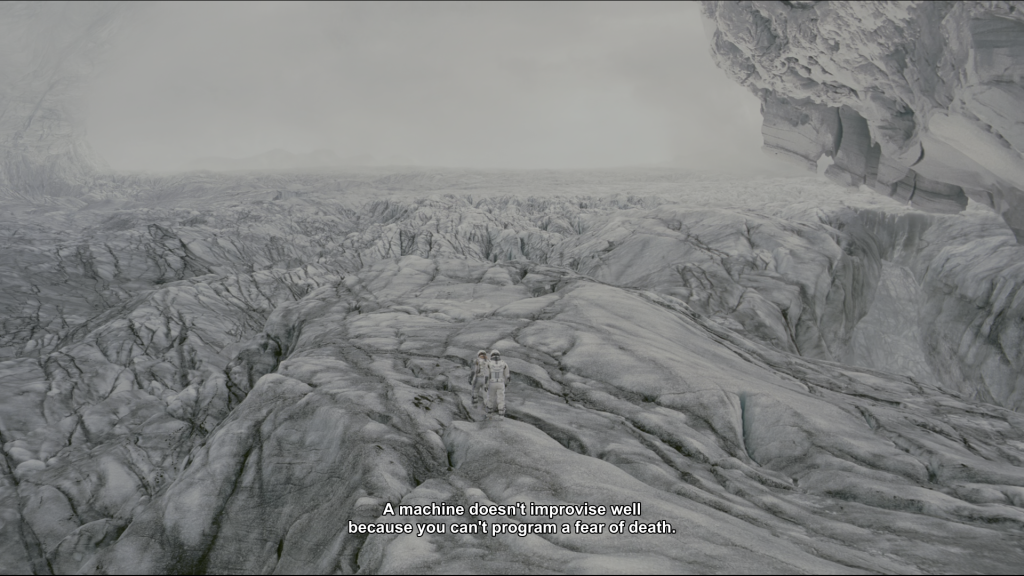
The human urge to improvise, do something unconventional at the last moment of life is often epitome of all extreme survival stories. (Not only in movies but also in reality)
Our basic survival instincts are always aware of the chances and ways in which we can die. A healthy person’s subconscious mind is aware of the death and its consequences. Our immediate involuntary responses to life threatening events are examples of that. (You immediately remove your hand from a very hot thing because you know that it is going to hurt you.)
Interesting is when these such feeling for the longing of survival gets highlighted in some extreme and abnormal conditions. The conditions which are not generally faced by normal human beings.
Victor Frankl and The Delusion of Reprieve
Victor Frankl an Austrian neurologist and psychiatrist in his days in Auschwitz observed a very extreme and irrational behavior amongst the victims including himself. When the newly admitted Jewish prisoners were torn off of their own identities, the only thing they were left with was their hope for surviving through the tortures wishing that they have some things to finish, some purpose of life to fulfill after living through that real-life hell. Frankl in his book “Man’s Search for Meaning” creates a lively and horrifying picture of what a living hell looks like. Not even the greatest empath in the humanity can relate with the pain that these prisoners went through.
Frankl in this book explained the whole process when the Jewish prisoners were admitted to the concentration camp. At first, the prisoners went through the shock that they were being taken to Auschwitz – a place infamous for ruthless deaths of Jewish people. Then the hostility of a deserted, dry, barren land maintained by people with similar dried emotions amplifies that shock.
In this exact moment, Frankl noticed a group of people who looked much healthier and with some wit/ humor which highlighted the sanity of their minds even in such hostile environments; maintaining that snobby “attitude” even in this deserted, unfriendly environment was one relief for him.
With this observation, Frankl concluded that he too will be able to match with these people in order to survive through this hell with relatively lesser pain. One has to understand that this urge to have a lesser painful life in Auschwitz was not even closer to the reality, even the word “exception” would fall short for this. And still, even after knowing the fact that there is no escape from this hell, even after knowing that almost all of the people in Auschwitz die from inhumane mental and physical tortures, hard labor, starvation, diseases, internal disputes, favor-ism, unfairness, Frankl thought that there is a chance that he can climb up this ladder and become part of this “snob party”. One has to understand that the thoughts Frankl is having here are totally irrational. Frankl was already aware of the consequences of being sent to Auschwitz but even after that his mind chooses an irrational idea of facing less pain in Auschwitz. Frankl justifies this irrationalism by the “inborn optimism in him” and calls this condition in psychiatry as “delusion of reprieve”. He explains this in following words:
“The condemned man, immediately before his execution, gets the illusion that he might be reprieved at the very last minute. We, too, clung to shreds of hope and believed to the last moment that it would not be so bad.”
This “delusion” of being “pardoned” at the very last moment becomes the very first stage in the psychosis (a mental disorder of getting detached from the reality) of the people exposed to extreme ruthless environments of Auschwitz. This is totally different from the stories of conventional heroes and villains. Here, the person has completely lost the sense of what is a real possibility and what is an unrealistic demand. The conscience – ‘mere rational’ of the person gets broken in the hope that there is still something good and some chance of survival through this.
Biases, Delusions and Apathy
In psychology the biases and delusions are closely connected and highlight the tipping point from where the psychosis starts. First of all, it is very important to know that we all have biases. Biases are our favored, prejudiced opinions for someone or something. Biases are some sort of mental shortcuts to avoid the energy loss for processing huge amount of information. Here are some examples of cognitive biases (a systematic pattern of deviation from norm or rationality in judgment):
Availability Heuristic Bias – People do not make decisions based on the data and statistics but on the stories and the stuff they hear from other people. You would want to easily trust what news show than to actually check and cross check fact with real data.
Choice Supportive Bias – People defend themselves because it was their choice. Because, if they made the choice, it must be right. You could be never wrong because you feel so is common scenario. Remember the time when you don’t even care to google what you just assume to be right because you think so.
Confirmation Bias – We tend to listen to information that confirms what we already know. Even after knowing that you were wrong you support and believe only that information that proves your thinking. Remember the flat earth conspiracy?
Ostrich Bias – Subconscious decision to ignore the negative information. Remember (again) the flat earth controversy?
Placebo Bias – Belief will help you recover. Loosely speaking, it can be explained by the idea of fake it until you make it. Your mind will make decisions based on the illusion that you are rich thereby ultimately making you rich. Placebo drug therapy is also the best example (but repeated words won’t explain the meaning)
There are many types of cognitive biases which actually throw light on our belief systems. (This could be a good discussion for some other times). The point is that when such biases start having a strong hold on a person’s mind, the person becomes delusional, leading to delusional disorders. This is triggered by some abnormal and unexpected situations. Victor Frankl actually observed and even went through such experiences where he establishes the “emotional death” of a person.
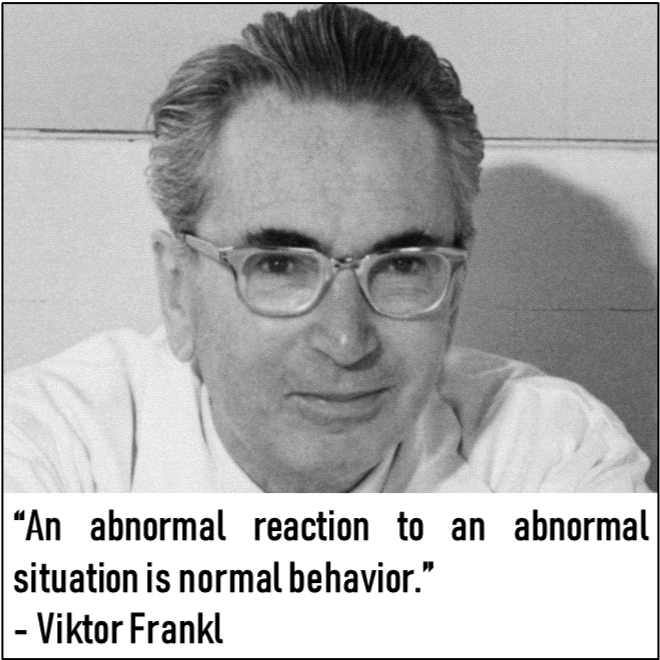
Due to constant shocks and bombardment of unconventional cruel treatments, the mind of person becomes numb to the extremities of the experiences and their response to such cruel, extreme and abnormal things no longer remains reactive as if these are normal situations for them. This is the “emotional death” Frankl is referring to. They became detached from the reality and thereby the humane emotions and responses to the cruelty around them – they became apathetic. Neither positive nor negative emotions.
Fine line between biases and delusions
Carrying the hope of having some moments of escape is also one example of the biased thinking the prisoners carried. Even after knowing, seeing and experiencing the cruelty in Auschwitz, their minds were not ready to accept the reality that it is close to impossible to escape this hell. Frankl’s well explained ‘delusional behavior among prisoners’ is one important part of Humanistic Psychology and Cognitive Behavioral Therapy.
Delusion disorder are classified as Bizarre (realistically impossible) and non-bizarre (possible but wrong in nature). Jumping to conclusion bias is one of the most researched bias connecting to delusional disorders.
Jumping to Conclusion Bias (JTC Bias) – A bias where something is assumed to be true without collecting all the information/ data. It is also known as inference-observation confusion.
You can find in Frankl’s description of their admission in Auschwitz where he explained “those” healthier group of people. The optimistic urge of Frankl to be in level with them is an example of jumping to conclusion bias. With very little information and an unrealistic urge to survive Frankl unknowingly became victim to the delusion. (Although his profession helped him to distinguish such behaviors and work over them leading to strengthening and establishment of Logotherapy) There are some studies which have also highlighted that jumping to conclusion is one of the biases closely related to delusions and psychosis but it not the only reason, rather it is very unclear that how delusions form. Studies show that there are two possible reasons to why JTC Bias and delusions are closely related. One is “the intolerance of uncertainty” and second is the “impaired working memory”. In simple words, firstly – the fear of unknown, ambiguity in the outcomes of the things makes the mind to take shortcut and create a simple conclusion to settle the chaos of the data (which already is limited) thereby making an unrealistic expectation from the event and secondly the incapability of one’s memory to handle the routine tasks makes it impossible to derive conclusions from complete data thereby restricting the flow of information as minimum as possible to make the conclusion which then become unrealistic. These two reasons possibly indicate the connection between JTC and delusions. Please note that JTC is not the only bias which can cause delusions.
Although delusions are very extreme part of human psyche, it is very interesting to understand their link with the biases almost every human being has. Given that such types of biases are always there within us representing some short-lived illusions from truth or I would say “quasi-delusions”, it becomes very important to notice such patterns and immediately work over them. Being mindful, being aware of the thoughts we are having and the coherence of the conclusion we are drawing from them is one of the most important way to remain free from the biases and delusions.
The Metacognition therapy, the logotherapy thus are the important branches in humanistic psychology which contributed in this field. The psychology of hope is also one important aspect of delusions related to survival; especially in the cases resembling to Viktor Frankl’s experiences.
References and Further Reading:
- Man’s Search for Meaning by Viktor Frankl
- Delusion formation and reasoning biases in those at clinical high risk for psychosis, The British Journal of Psychiatry
- Thinking biases and their role in persecutory delusions: A systematic review, Early Intervention in Psychiatry
- Delusional disorder – Khan Academy
- The tendency to stop collecting information is linked to illusions of causality, Scientific Reports by nature.com

